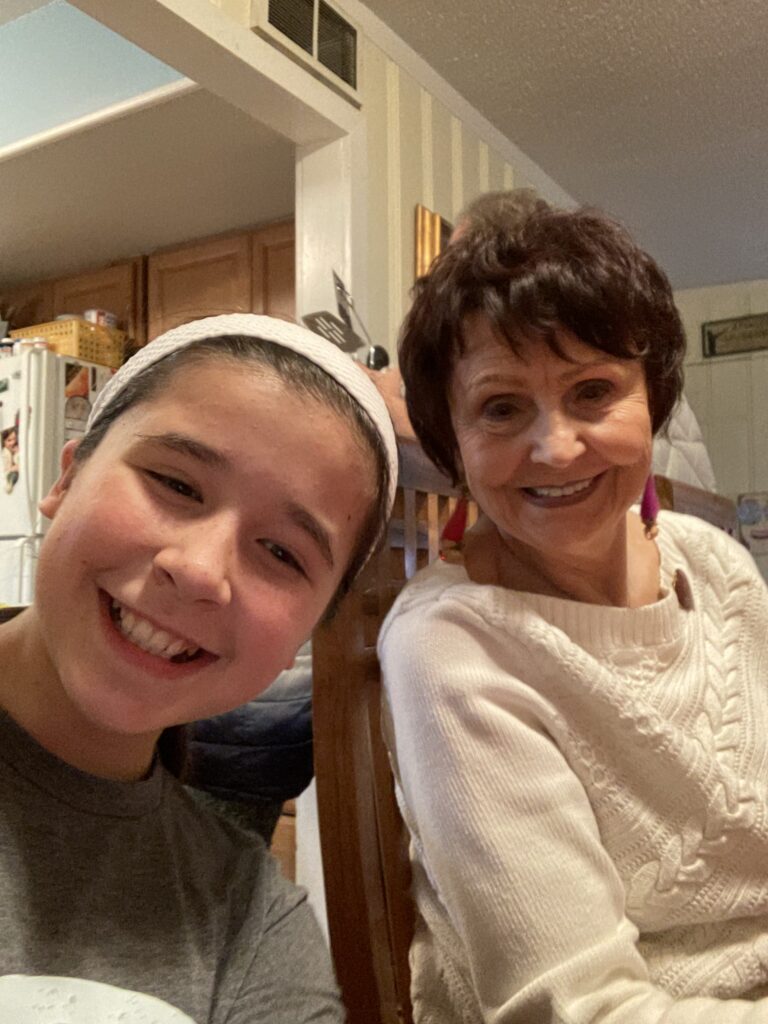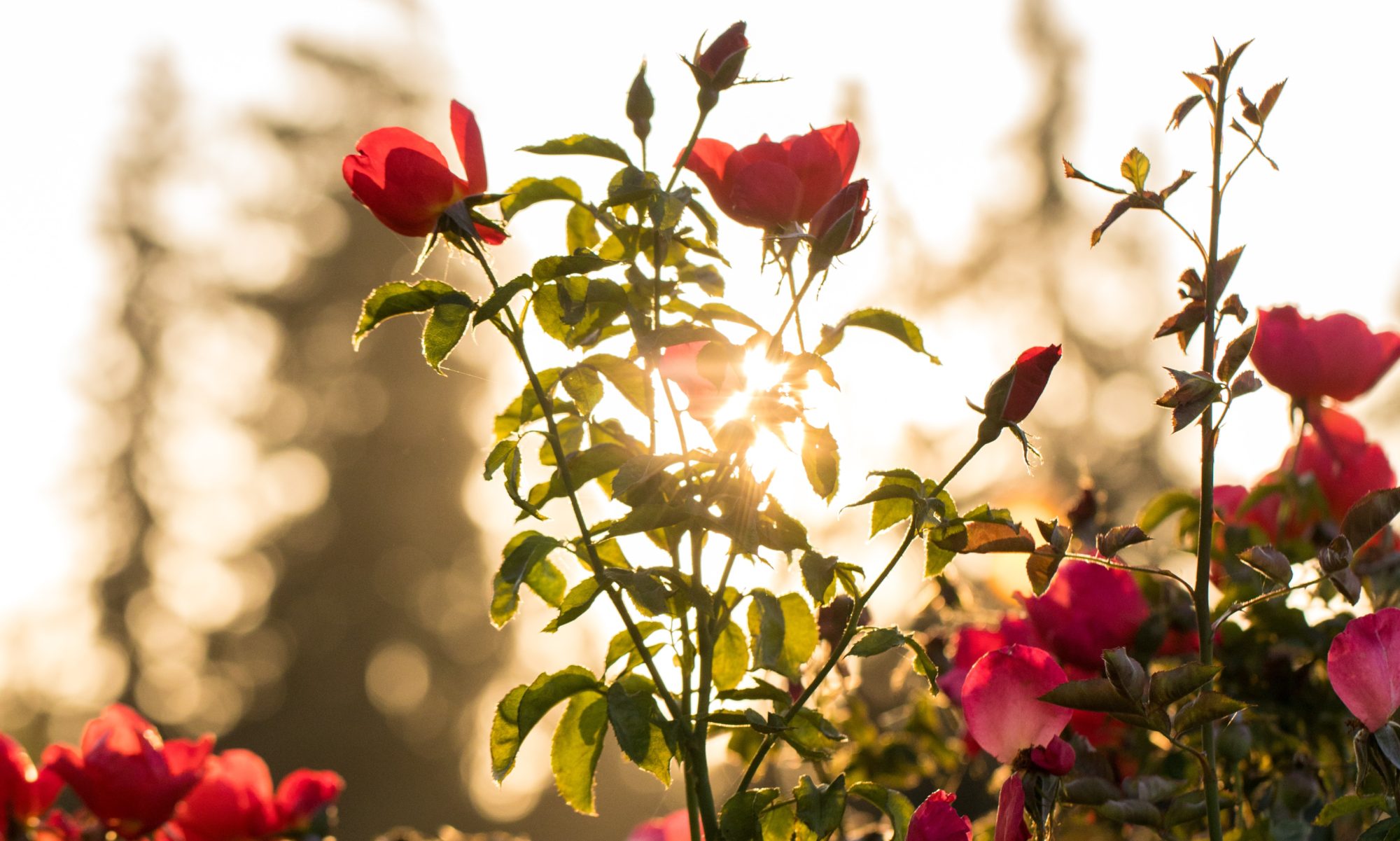
It’s Autumn here. The air is cool in the morning. The windows are full of dew. Wind has started to move through the valley between mountains. We are eating as many figs as we can get our hands on. By evening, the nighthawks are flying overhead.
Change is in the air.
I entered menopause last year, which I am now referring to as “The Upgrade” thanks to author Dr. Louann Brizendine.
My women friends and I had a really hard time sorting out what was turning 51 and age-related stress vs. stress from the pandemic, while working and caring for our kids. It took a full year of not being able to think as well as I used to and lacking the creative vision I once had (in heaps) to realize that I was in menopause. My women friends and I ALL thought our changes and symptoms were caused by environmental factors alone. We gave little to no credence to the physiology.
Why? I think it is because of how intertwined our self-image and our cultures are.
It is curious that a group of educated, professional women would all blame their moods, exhaustion, change in sex drive, muscle loss and body aches on the environment alone. We knew ‘hot flashes’, skin changes, and changes to our menstrual cycle were from hormonal changes, but that was about all we knew because that is about all that anyone ever talks about! We did what we have been taught to do – and looked at how we are ‘acting’ and to see what we needed to change or could change and what we needed to just learn to live with…
I believe we can do better than that to empower people.
These past few months, I have been on a deep dive learning about hormones and the effect on women’s body, brain, and nervous system. It is absolutely MIND BOGGLING. It has changed how I work and the information I share with women.
BTW I am loving this new stage of my life (more on that another time).👯♀️
I do not claim to know what kind of ‘power’ a person wants in the world or precisely what kind of expression of power is best for everyone. If you have been a student in my classes or workshops – you have heard me again and again ask you to refer to yourself and build your own ability to be self-referential. Being self-referential and building your ability to track both your internal and your external experience with greater accuracy ALWAYS leads to empowerment.
There are many kinds of power and ways to share it, and many versions of what shared power looks like. Please know that I respectfully do not think we all should be a certain way. And by no means do I think we should all aim to be like the US. 🙀
However, power and culture influence how we act and our self-image. Our self-image is formed and influenced by many facets including physiology, culture/society and our history/experience. Our self-image is not an abstract idea out there – it is lived in our bodies and nervous systems.
Whatever the dominant culture and society is – we are always in a relationship with it. It tells us (or tries) what we believe about ourselves and how to interpret what we are experiencing (physiologically and otherwise). It can work in support of us or against us in developing into our best selves. We are always responding to the messages in one way or another.
For example, there are extensive studies that correlate what we think of menopause and how we experience it. Perception and self-image matter to our lived experience – this is no small matter.
Lead study author Dr. Mary Jane Minkin, a professor of obstetrics, gynecology, and reproductive health at Yale Medicine School told Reuters Health: “In societies where age is more revered and the older woman is the wiser and better woman, menopausal symptoms are significantly less bothersome. Where older is not better, many women equate menopause with old age, and symptoms can be much more devastating.”
In the US and likely other places, we are in need of serious recalibration around our physiology education – especially if we want to support both women and men in creating a more equitable society. Our nervous systems and brains are VERY different from one another. If we continue treating women like they are smaller men, who can give birth, I don’t think we will be the best society we can be.
On a recent afternoon one of my students and I were talking about her desire to quit work, but not really wanting to 100%. She is a psychotherapist. She said she just doesn’t have it ‘in her’ to care for that many people anymore. Turns out, she is in perimenopause. She had not considered this a factor in how she was feeling.
When I explained how declines in estrogen (and oxytocin) makes women less outwardly focused on others and caring for them, it was a huge relief to her. There was nothing ‘wrong’ with her. She is not burnt out or ‘over’ wanting to work for a better world. She’s in a new phase of life and may want to find a new way of working. She can take the physiological information she has to reframe her self-image.
We have had a lot of fun working together as she has explored building the new concept of herself and how this lands in her nervous system, her body and how she literally physically moves through the world.
We are always living and responding in relationship to the physical environment, culture and communities we live in. When we can track both: what we are sensing in our bodies, and the world we are in relationship to, we are at our best. That is when we are able to respond in any given moment in support of ourselves and to act on behalf of the worlds we want to live in and create.
Today marks two weeks since the death of Mahsa Amini. I am inspired by the bravery and determination of the protestors and hopeful that we can continue to evolve. Let’s create a both/and by holding more complex narratives in support of one another. Let’s continue to move forward.
Find Neuroscientist Dr. Louann Brizendine https://www.louannbrizendine.com/
